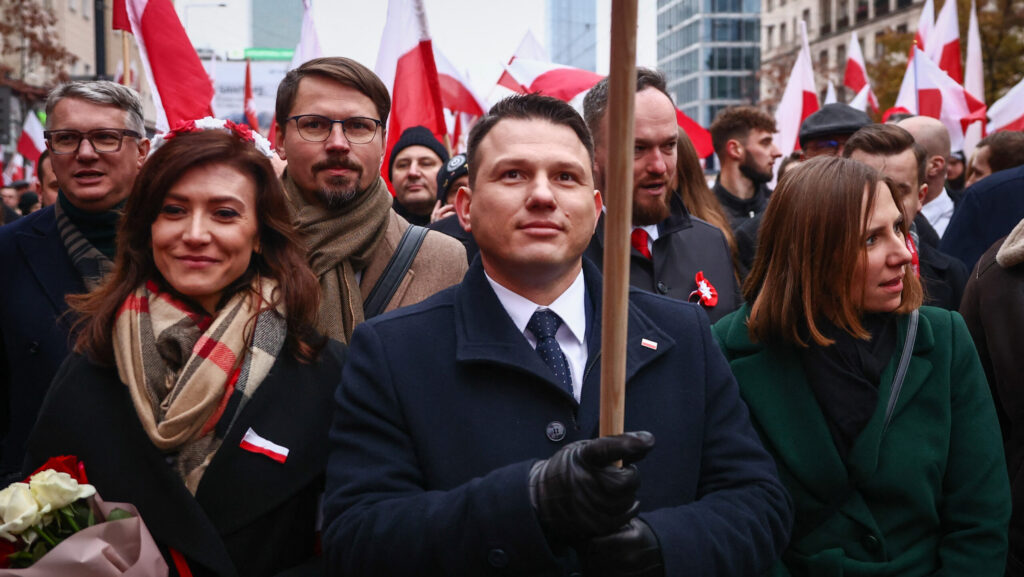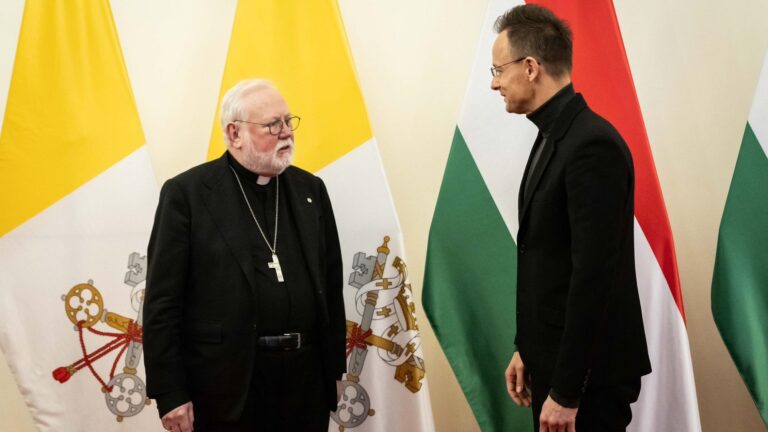Following the anti-government rebels’ rapid advance that made President Bashar al-Assad depart from Syria, Austria has enacted significant changes to its asylum policies concerning Syrian nationals. Visegrád24 posted that Austria’s caretaker government is planning to halt the processing of current Syrian asylum applications and to reassess previously granted asylum statuses. Additionally, family reunification programmes for Syrian refugees have been suspended.
Visegrád 24 on X (formerly Twitter): “BREAKING:Austria to re-examine all Syrian asylum applications.Following Assad’s fall, Austria is freezing all new asylum applications & re-examining old ones. Family reunifications are suspended.”I’m starting a deportation program to Syria,” says Interior Minister Karner pic.twitter.com/T48v3lTIBb / X”
BREAKING:Austria to re-examine all Syrian asylum applications.Following Assad’s fall, Austria is freezing all new asylum applications & re-examining old ones. Family reunifications are suspended.”I’m starting a deportation program to Syria,” says Interior Minister Karner pic.twitter.com/T48v3lTIBb
As Reuters has also reported, ‘Chancellor Karl Nehammer today instructed Interior Minister Gerhard Karner to suspend all current Syrian asylum applications and to review all cases in which asylum was granted,’ the Interior Ministry said in a statement.
Karner added, ‘I have instructed the Ministry to prepare a programme of orderly repatriation and deportation to Syria,’ without elaborating on how that could be achieved.
Syrians represent the largest group of asylum seekers in Austria, with 12,871 applications having been submitted up to November 2024. The suspension of family reunifications is expected to have a profound impact on numerous Syrian families seeking to reunite in Austria.
These policy shifts align with the conservative People’s Party’s (OVP) stringent stance on immigration, a central theme in recent coalition discussions following the September parliamentary elections. The Austrian caretaker government has previously expressed concerns regarding the integration of refugees and the strain on social services, factors that have influenced the current policy direction.
However, human rights organizations emphasize the ongoing instability in Syria and caution against premature repatriation efforts. The United Nations has consistently advised that conditions in Syria remain unsafe for returning refugees, citing risks such as persecution and human rights violations. As the situation in Syria continues to develop, Austria’s policies may face both domestic and international scrutiny, particularly concerning the safety and rights of Syrian refugees.
What Is Happening in Syria?
As part of the ‘Arab spring’, a civil war broke out in Syria in 2011, forcing millions of Syrians to flee the country. They were a large proportion of the more than a million people who headed to Germany and neighbouring Austria during the European migration crisis of 2015 and 2016. The UNCHR estimates that today European countries host over one million Syrian asylum seekers and refugees, with 59 per cent of them based in Germany alone. Sweden, Austria, Greece, the Netherlands, and France also host significant populations.
Over the past 15 years, Syria has become a battleground for terrorist organizations—including ISIS—and regional powers. Bashar al-Assad, the country’s vicious ruler, has only been able to stay in power with the help of Russia and Iran.
Less than two weeks earlier Hayat Tahrir al-Sham (HTS, formerly al-Qaeda’s affiliate in Syria) and other groups supported by Turkey launched a large-scale offensive against regime forces in north-western Syria. Rebels have seized key cities in the country with striking ease, including Aleppo, Hama and Homs. By 8 December 2024 Damascus has also fell, and President Bashar al-Assad fled to Moscow under Russian protection. This marked the collapse of the Ba’athist regime and the beginning of a new chapter for Syria.
‘While Assad’s departure is encouraging news for his opponents, the internal dynamics of Syria remain complex and unstable’
The timing of the rebel offensive caught the Iran-led ‘Axis of Resistance’ at a critical weak point. Following prolonged fighting with Israel, particularly after the recent Israeli operation ‘Northern Arrows’ in Southern Lebanon, a significant portion of the Lebanese Hezbollah forces had been neutralized and the Shia terror group’s presence in Syria has also weakened. Iran remains preoccupied with addressing setbacks suffered by its regional proxies and its own deterrence, while Russia’s focus on the war in Ukraine has diminished its ability to support Assad. These factors created a strategic opening for the rebels, who were able to capitalize on the weakened defences of Assad’s forces.
Türkiye’s backing of the rebel offensive has been instrumental. The rebels in Idlib have long received Turkish economic and military support, which Ankara uses to maintain leverage over Syrian territory. This operation aligns with Türkiye’s broader goals: curbing Kurdish influence in northern Syria and creating conditions for the return of millions of Syrian refugees currently in Türkiye. The success of this offensive has increased Türkiye’s influence in the region and shifted the balance of power on the ground.
While Assad’s departure is encouraging news for his opponents, the internal dynamics of Syria remain complex and unstable. The rebels, who now hold significant power, include extremist groups with a jihadist ideology, raising concerns about the potential emergence of new security threats. Moreover, the fragmented opposition lacks a cohesive vision for governing Syria, creating the risk of prolonged chaos that may trigger a new wave of mass migrations towards Europe.
Related articles:








